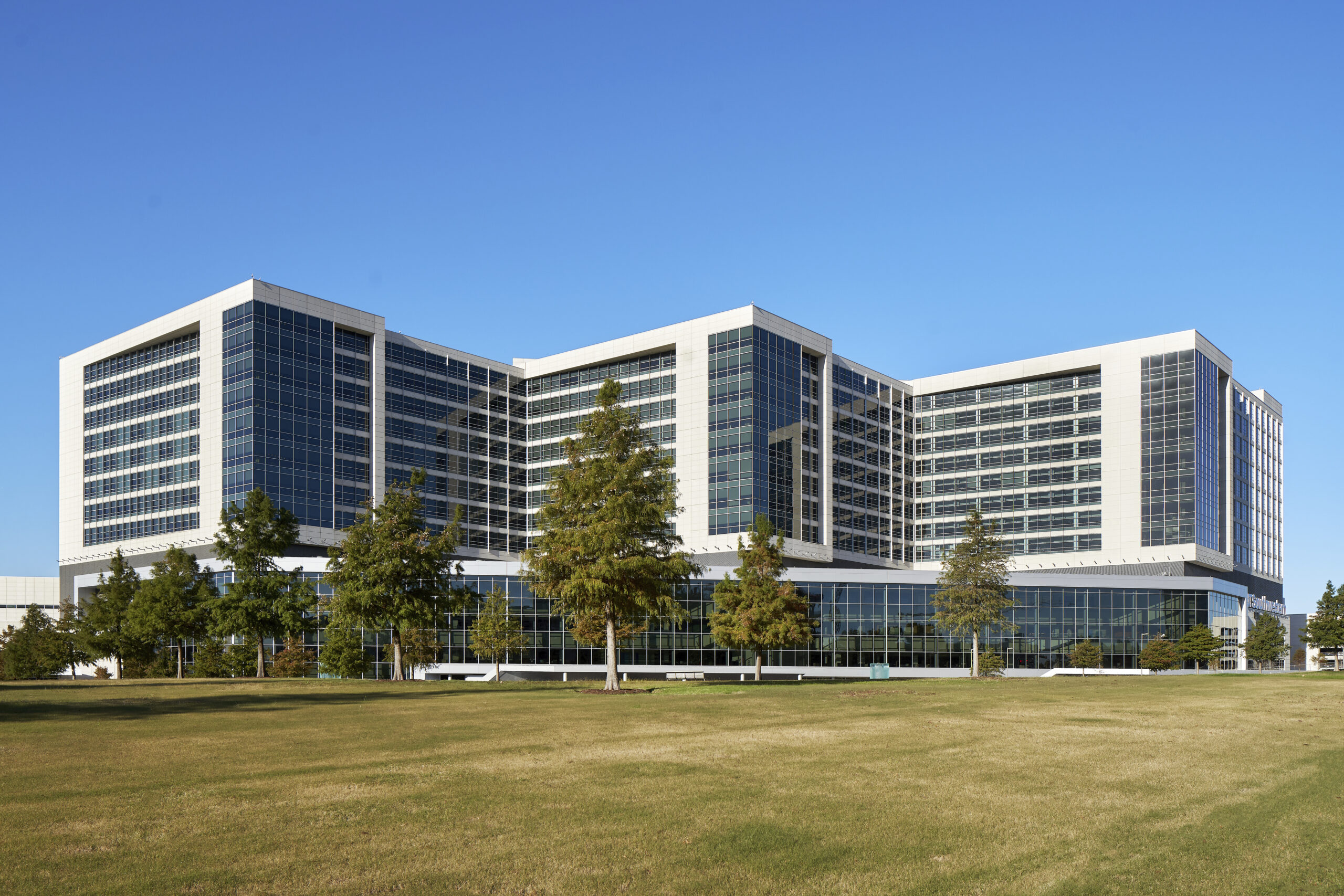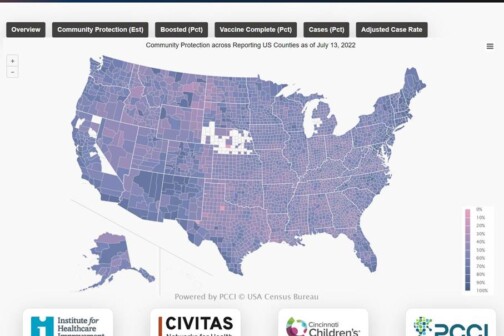A new study shows cancer screenings have dropped significantly because of the pandemic and increasing the likelihood that cancer could be spreading, undetected.
The study took place over the course of 2016 through 2020 in Ontario, Canada. Researchers took weekly cancer incidence counts. When the pandemic hit, the weekly estimate was calculated by subtracting the observed volume from the projected volume in that week.
What researchers found was shocking. “At the start of the pandemic, there was an immediate 34.3 percent decline in the estimated mean cancer incidence volume, followed by a 1 percent increase in cancer incidence in each subsequent week,” the study found.
Researchers found that incidence rates have not yet returned to pre-pandemic levels. There is no reason that cancer incidence should go down during the pandemic. It just means it isn’t being detected. That means patients are at home developing cancer, but it isn’t being treated.
UT Southwestern expert Dr. John Sweetenham, associate director for clinical affairs at UTSW’s Harold C. Simmons Comprehensive Cancer Center, says that he’s seen dramatic changes since the COVID-19 pandemic first began, but that the post-pandemic screening recovery has bounced back. But the missed appointments will likely have consequences.

“We saw a significant fall, most notably in demography. They dipped significantly in 2020, when the pandemic was at its height and then recovered in 2021. In fact, in 2021, we did more screenings than we had done in 2019.”, says Sweetenham.
Breast cancer screenings at Women’s Cancer Center are completely recovered, but data for particularly colorectal cancer, done by colonoscopy, was more difficult to collect.
The scariest part of the missed appointments is that we don’t know what the impact will be. With diagnoses of various cancers delayed, the risk of more advanced cancer is a real threat. A delayed diagnosis could mean it’s more difficult to treat, resulting in more expensive treatments with more side effects and worse outcomes.
Oncology organizations are doing their best to get creative to right the ship. Healthcare centers are becoming more active on social media, particularly during awareness months for breast cancer and colon cancer to encourage patients to return to screenings and discuss with their primary care doctors about progress to be made. Many people are seeking reassurance of their health from doctors. Hospitals like UT Southwestern are reiterating and enforcing messages from cancer organizations. “If you delay the screening, it’s time to come back”, says Sweetenham.
Certain cancer diagnoses have seen a more precipitous drop than others.
“There’s been the biggest decline in breast cancer, colon cancer, cervical cancer, and lung cancer. Those are the ones where we would have the most concern folks get back into their screening programs as quickly as they can,” says Sweetenham.
Dallas-Fort Worth is behind the curve when it comes to mammography and colonoscopy screening compared to the national average, Sweetenham says. “There are some demographic disparities, some of which are ethnic and racial in nature, and some of which is geographic. It’s a little early for us to tell because there hasn’t been careful analysis, certainly not in our population, but I don’t think we know yet whether our minority populations and underserved populations were disproportionately suffering in terms of screening during the pandemic,” he says.
There are many reasons why people are avoiding screening, including the uncertainty it brought when entering a healthcare facility. But many others don’t like the required procedures or have cultural reasons for staying away. Still others have a lack of trust in the healthcare system, and many have financial reasons apart from insurance, or lack of. Having to request time off work or find a means of transportation is harder for some than others. And there is a lack of health literacy over the topic of cancer. Around one-third of adults in the US have limited health literacy, causing problems in navigating the health care environment.
Hospitals are working towards finding ways to help bring patients to the offices.
“Many centers have their own mobile mammography unit, so we travel to them. There are several mostly grant funded programs that we run occasionally out of UT Southwestern. Simmons Cancer Center has a department of community outreach, equity, and engagement. One of their major roles is to be involved in outreach to our underserved communities to provide education help and assistance to them,” Sweetenham says.
Despite the dull in cancer screenings since the pandemic started, Sweetenham is staying positive, “My hope for 2022 is that the end of the year, we’ll be able to look back and say that we were able to achieve rates of screening that were actually higher than in 2018 and 2019.”





